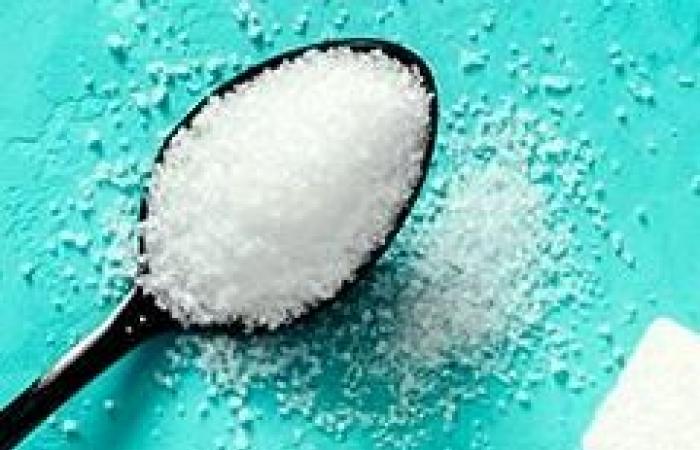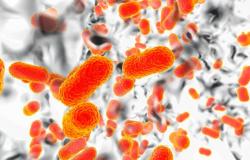In 1953, the United Kingdom ended sugar rationing introduced during World War II. The British then began to consume confectionery and sweeten their foods more at home. In the space of a year, the country’s sugar consumption doubles.
A study compared the health trajectories of people born just before the end of rationing and just after.
The results, published in October 2024 in the journal Sciencedemonstrate the negative effects of sugar in early childhood on long-term health, emphasize the researchers.
Tadeja Gracner of the University of Southern California and colleagues analyzed diet surveys conducted in the United Kingdom in the 1950s, as well as annual sales of sugar and candy. Through the UK Biobank, they also collected medical information on more than 60,000 people born between 1951 and 1956.
Nearly 4,000 of them had developed type 2 diabetes and nearly 20,000 suffered from hypertension.
Decades later, people conceived or born after 1953 had higher risks of type 2 diabetes and hypertension than those born during rationing.
« It’s a fascinating study
“said Edward Gregg, epidemiologist at Royal College of Surgeons in Irelandas relayed in the magazine’s press release Science. « Although we know that sugar influences diabetes risk, conducting a natural experiment like this, in which an entire population is placed on a dietary restriction, followed by a dramatic change and a large impact on diabetes and hypertension, is, in my opinion, quite profound.
»
« Sugar rationing provided a rare opportunity: babies conceived before or after 1953 would have had very different exposure to sugar early in life, but were similar in all other respects
», Underlines the press release. “Although other products like butter were also derationed in the mid-1950s, none saw such an increase in consumption.
»
Among the 60,000 people questioned, the probability of a person suffering from one or other of these pathologies was linked to the number of days during which rationing was applied during the first 1,000 days of life. A person conceived before but born after rationing ended in 1953 had about a 15% lower risk of diabetes than someone conceived after that date, and a 5% lower risk of hypertension. Infants who reached age 1.5 years before rationing ended fared even better, with a 40% lower risk of diabetes and a 20% lower risk of hypertension compared to the group who did not. had never been subject to rationing. The reduction in diabetes risk was more pronounced in women than in men.
Sugar consumption in the early years of life could promote disease later in life in a number of ways, Gracner suggests. Exposure to sugar in the womb could affect fetal development in ways that predispose to metabolic diseases. Infants who consume sugar might also develop a taste for sweet foods, leading them to eat more sugar as adults – an outcome for which his team has preliminary evidence. Researchers did not observe an effect of deration on conditions without an obvious link to sugar, such as myopia or type 1 diabetes (which is rarer and mainly genetically determined).
Public health authorities recommend no added sugar for infants during the first 1,000 days after conception, a crucial period for their development. But the prevalence of sugary foods in many countries means babies are exposed to unusually high amounts of sugar in utero and after birth. (Too much sugar in baby food, warns WHO/Europe)
The next phase of research will focus on the effect of sugar intake early in life on inflammation and cancer risk, the researchers say.
Note that research in recent years shows that sweeteners (artificial sugars) do not represent a good replacement solution for sugar.
For more information on sugar and health, see the links below.
Psychomedia with sources: Science (research article), Science (press release), McGill University, avec sources : American Association for the Advancement of Science (AAAS).
All rights reserved.
Health






